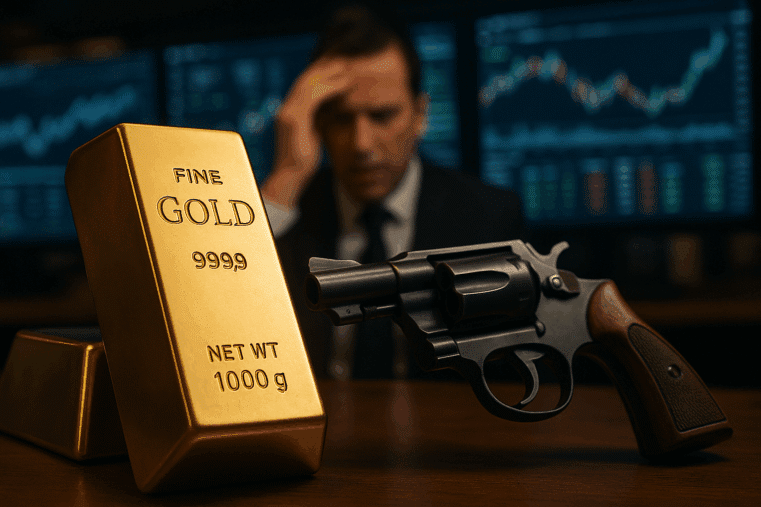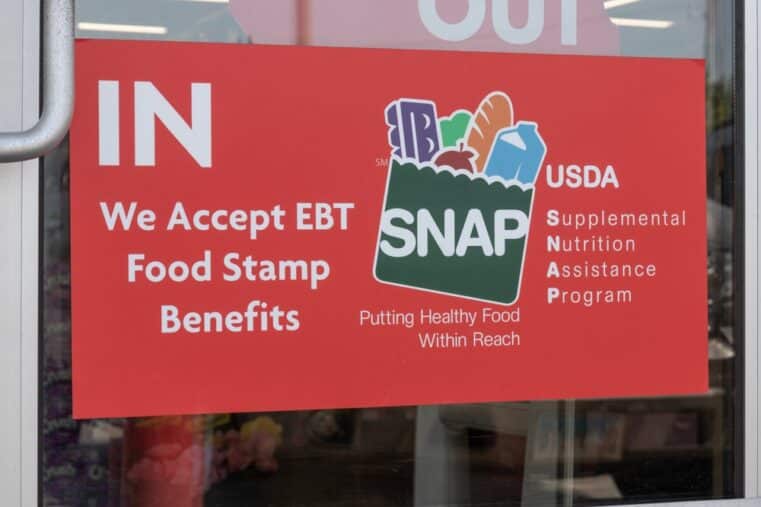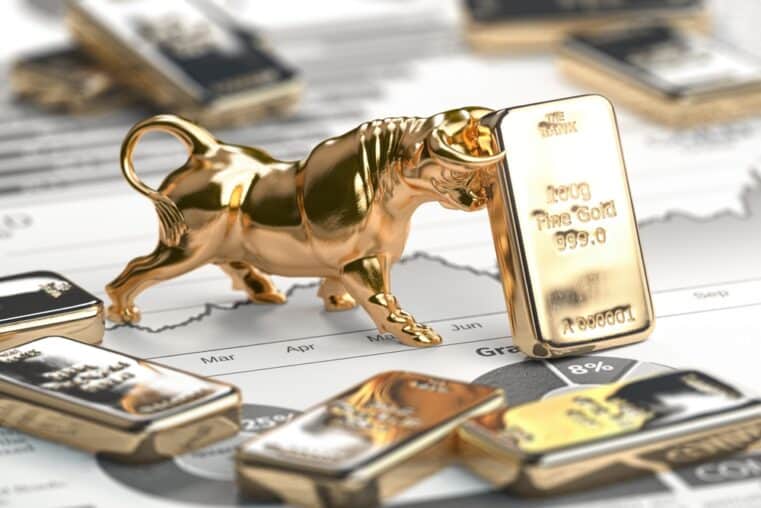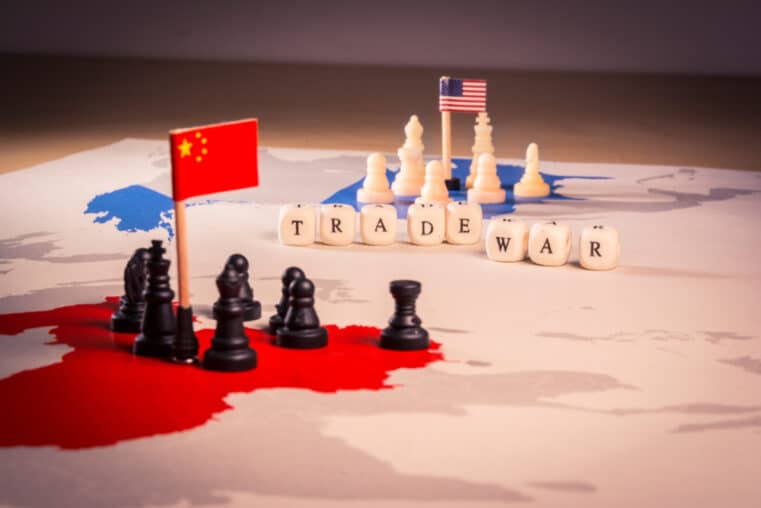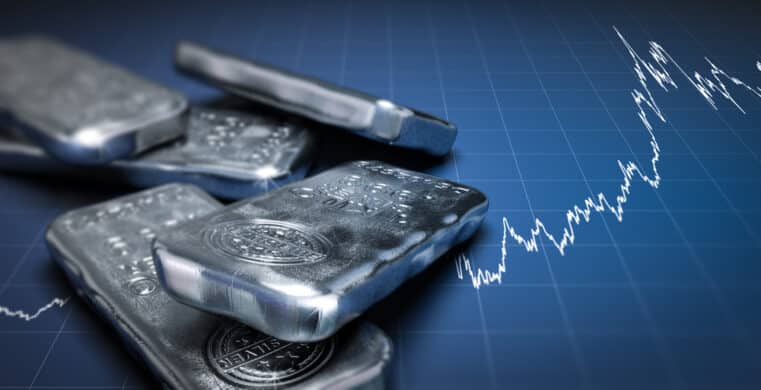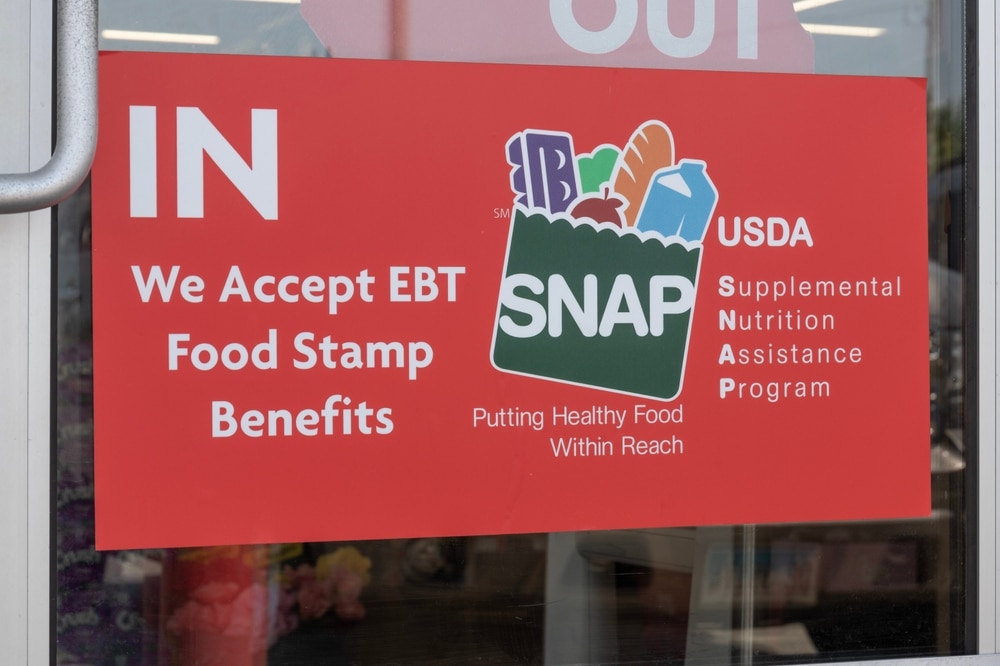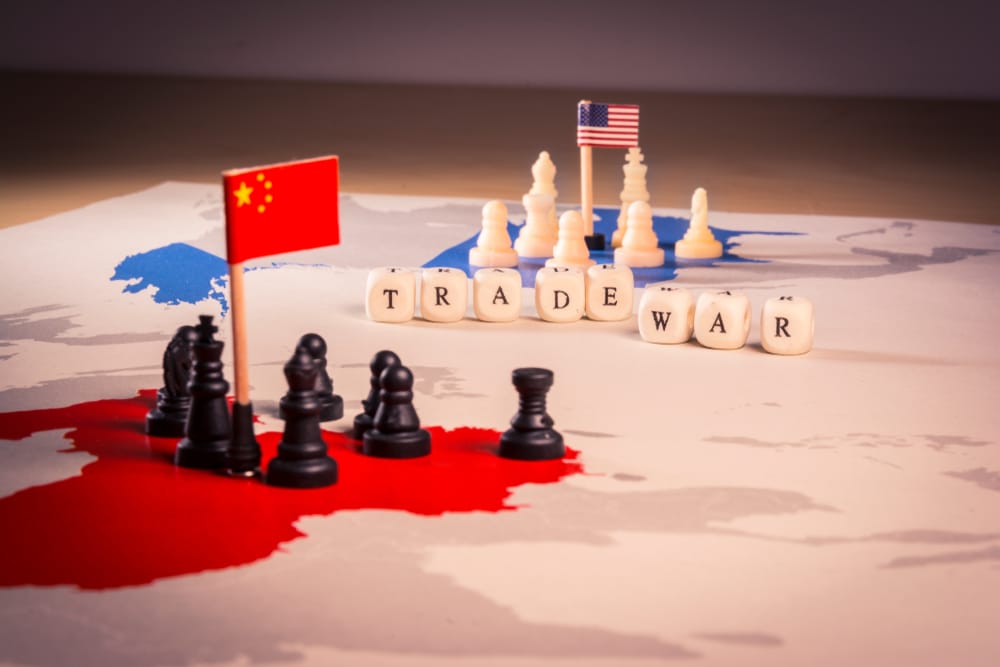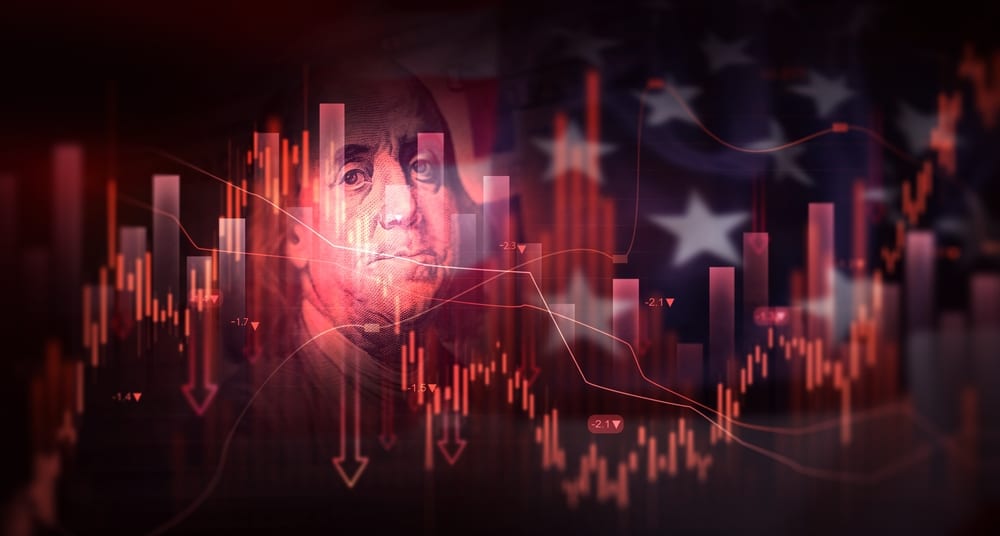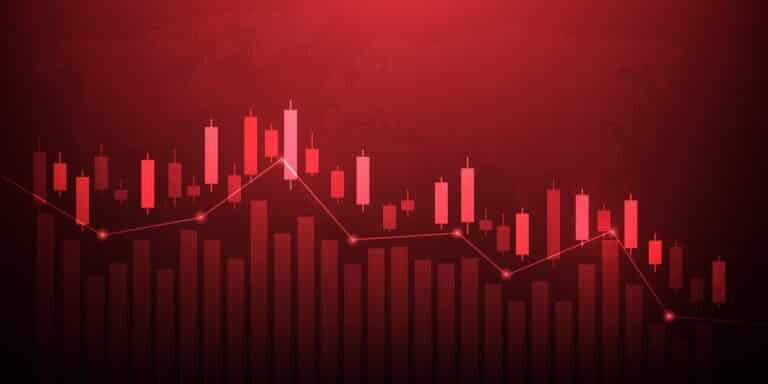
Wall Street’s Willful Delusion: Why Tariffs Will Crush Earnings, Despite the Cheerleading
The second-quarter earnings season is underway, and predictably, the cheerleaders on Wall Street are busy telling investors to ignore the smoldering wreckage of trade policy. According to the consensus spin, tariffs are little more than background noise—minor inconveniences in an otherwise “resilient” corporate earnings landscape. This is precisely the sort of dangerous complacency that precedes financial shocks.
The Numbers Wall Street Won’t Acknowledge
Let’s dispense with the platitudes and look at the hard numbers. Earnings growth estimates have collapsed—plummeting from 13% in the prior quarter to a dismal 4.8%. That’s the lowest projected year-over-year growth in nearly three years, yet strategists want you to believe this is normal, even bullish. Michael Hans, chief investment officer at Citizens, offers the classic establishment line: companies essentially “get a pass,” and the bar has been lowered across the board. Translation: expectations are so watered down that even the most anemic performance will be hailed as a triumph.
The False Hope of “Modeling Around” Tariffs
These same voices insist that tariff volatility doesn’t matter, because companies will somehow “model around it.” Let me be blunt: that’s wishful thinking. When governments unilaterally distort trade flows and raise input costs, especially in a globalized supply chain, those costs don’t vanish—they show up in margins, prices, and ultimately, consumer demand. Yes, Wall Street may applaud when companies like Delta Air Lines conjure a “stock pop” by reinstating optimistic guidance. But as Max Kettner at HSBC inadvertently admitted, it’s an “artificial” effect—a sugar high that will fade when the real impact of higher costs and eroding purchasing power can no longer be papered over.
The Three Distractions Investors Cling To
Investors are also clinging to three other narratives to distract themselves: “corporate resilience,” “AI adoption,” and “dollar weakness.” Let’s briefly dismantle each:
- Corporate Resilience: The same firms issuing forward guidance are slashing capital expenditures behind the scenes, hedging against prolonged policy instability.
- AI Beyond Tech: While automation holds promise, it won’t rescue earnings if consumers can’t afford to spend.
- Dollar Weakness: Sure, a softening dollar inflates overseas revenues—but it’s also a flashing red warning that the U.S. currency is losing purchasing power at home.
The Bottom Line: Complacency Has Consequences
At the end of the day, tariffs are one more symptom of a deeper malady: a reckless government addicted to intervention and incapable of managing the consequences. Investors pretending otherwise are playing a dangerous game with their savings.
If you’re serious about preserving your wealth while this circus continues, I strongly recommend you take concrete steps now rather than waiting for the headlines to catch up. Start by downloading Bill Brocius’ indispensable guide, “7 Steps to Protect Your Account from Bank Failure.” You can get your copy here.
For deeper insights into how to sidestep the next manufactured crisis, pick up Bill’s essential book, “End of Banking As You Know It,” and subscribe to his Inner Circle newsletter for exclusive analysis and actionable strategies. At just $19.95 a month, it’s an investment that could save you from the next round of policy-driven disaster.



